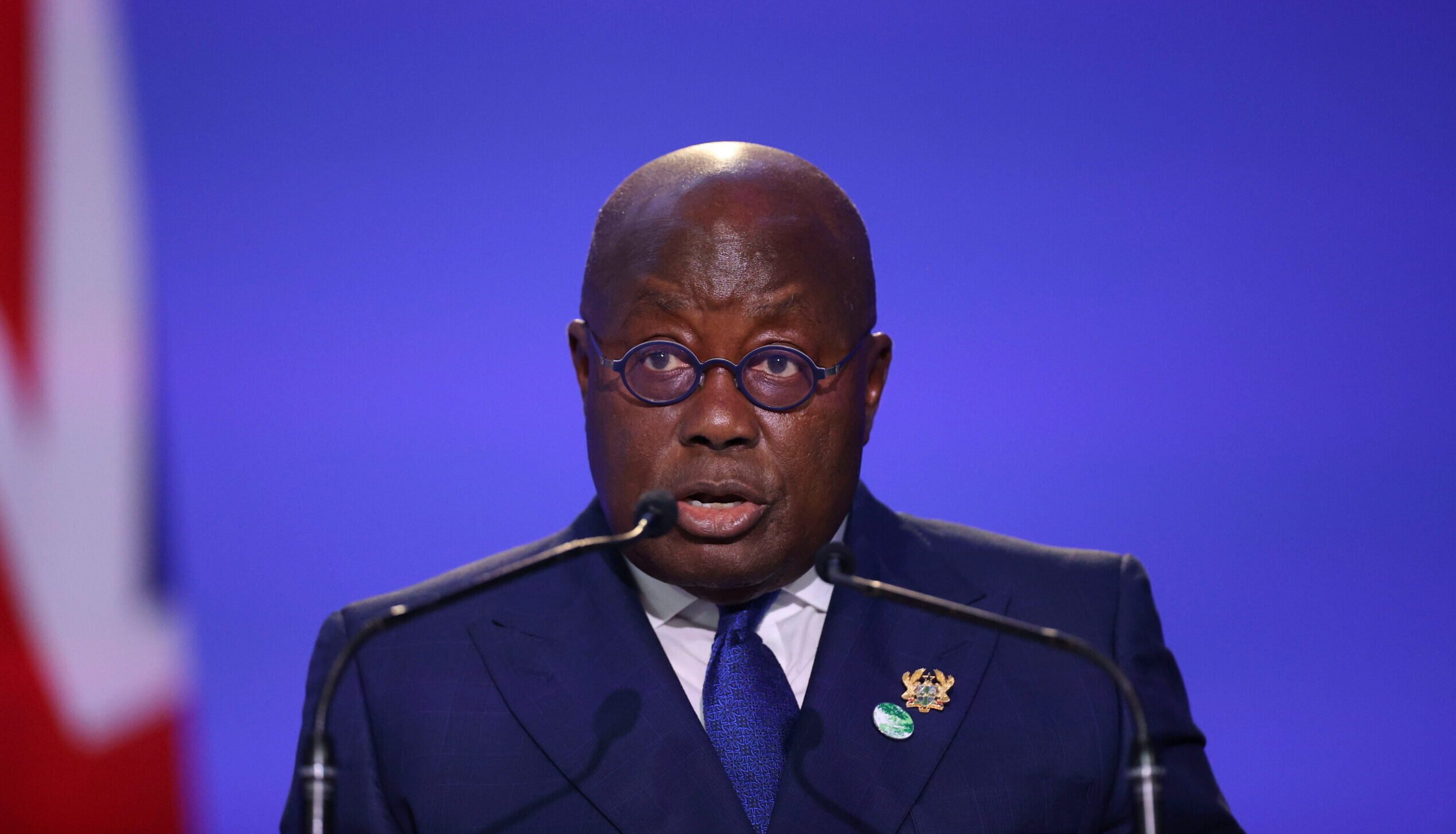The International Monetary Fund (IMF) is an international organization that offers advice and assistance to member countries on how to deal with economic problems. It provides them with loans in exchange for implementing policies that will help these countries recover from the economic crisis. The IMF frequently lends money to governments in difficulty or economies that are prone to crisis.
The IMF also works to reduce the risk of financial collapse in member countries. In simple terms, the IMF is a lender of last resort for countries that are struggling financially. The IMF has set out three criteria for members to apply to become members: Macroeconomic stability, financial strength, and capacity to repay loans. Ghana is also a country that has recently been affected by a similar crisis.
Ghana’s History with IMF
This is the 17th time Ghana is seeking the help of the International Monetary Fund. The first time the country went to IMF was in 1966 after the overthrow of Dr. Kwame Nkrumah by the National Liberation Council. The newly formed government invited the IMF and World Bank to take the lead in managing the economy of Ghana. IMF privatized state corporations to turn them into profitable institutions.
In January 1979, Ghana went back to IMF after a series of corruption, economic mismanagement, and military coups that slowed the economic growth of Ghana. In that same year Rawlings and other 14 junior officers overthrown the government due to high inflation. The country went back to civilian government in that same year and the country went back to IMF to help manage the economy. Rawlings staged a bloody coup in 1981 because the inflation of the country was almost 142%. In the early 1980s, there was a hunger crisis as a result of climate change.
The country went back to the IMF for five years in the 1980s. Then in the 1990s, under the 4th Republic, Ghana went back to IMF bailouts in 1995 and 1999 because the IMF implemented the debt cancellation programs. Under former President Kufuor, he took Ghana to HIPC in 2003 to cancel Ghana’s debt. In 2009, Ghana went back to the IMF, and during the Dumsor era in 2015, under erstwhile President Mahama, Ghana went back to a three-year IMF bailout, which was extended in 2019. According to the government, the Russia-Ukraine war, and COVID-19 affected the economy badly, making inflation hit 27%, therefore there is a need to seek an IMF bailout.
Why Ghana Needs IMF Assistance
All the 16 bailouts Ghana has sought from the IMF it was to help salvage the economy of Ghana. The IMF can help Ghana to restore macroeconomic stability. The IMF can assist Ghana in minimizing the damage of a deep recession, such as by providing liquidity to banks and helping them restructure their balance sheets; providing technical assistance; strengthening the regulatory framework for financial institutions; and supporting structural policies aimed at enhancing resilience against external shocks.
In addition, the IMF-supported program would provide financial support for key sectors—such as power generation and distribution—that are critical for restoring growth but face substantial financing constraints in the short term.
IMF also helps Ghana preserve debt sustainability. This includes preventing further deterioration of public finances through sustainable tax collection measures while also pursuing prudent expenditure management strategies aimed at limiting expenditure growth. IMF will help Ghana to shrink its debt burden, which is currently at about 80 percent of GDP. Debt sustainability is a major issue for Ghana as the country’s debt ratio is projected to rise further over the medium term. Ghana has been ranked the second country in the world with the highest debt default risk.
The IMF also helps Ghana maintain a reasonable level of economic growth to reduce its government expenditures and deficit, thereby reducing the amount it needs to borrow from other countries and donors. Some state agencies too can be merged into one to help channel funds into other developmental projects. So basically, IMF implements things that we can implement as a country but the leaders of the country are failing to implement which is bad for the reputation and economy of Ghana.

